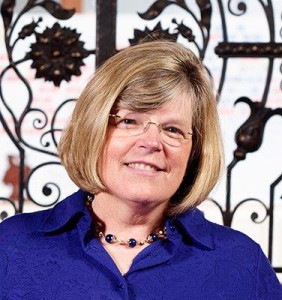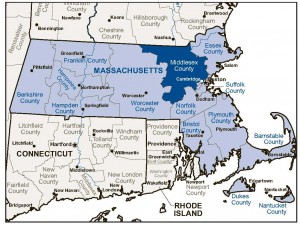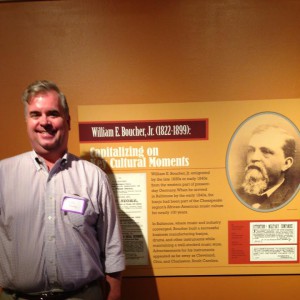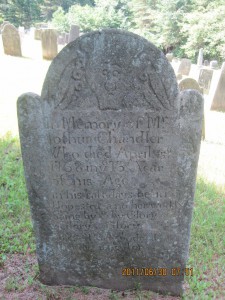
The recent death of the Dowager Duchess of Devonshire got me to thinking about the genealogical treatment of titles. Titles can be tricky, and many American genealogists – confronted with medieval British or European titles in their ancestry – prefer to ignore them or, conversely, string them all together and hope that the result is acceptable.
The same is true of the American press. At present, The New York Times behaves as though someone with a title doesn’t use it. In the Duchess’s obituary, the headline called her Deborah Cavendish – true enough, but Cavendish is hardly the name (or the rank) by which she was best known. Continue reading Title troubles





